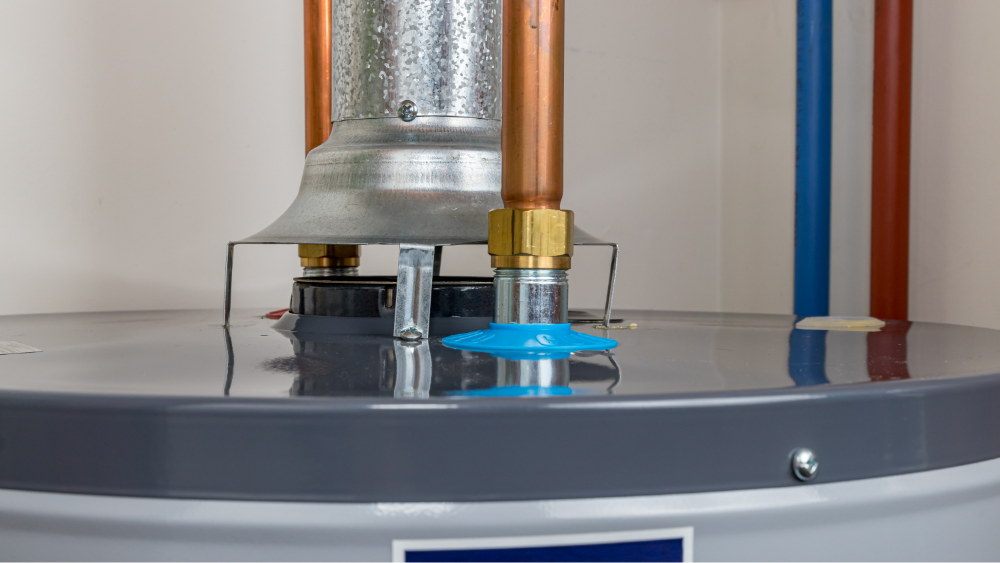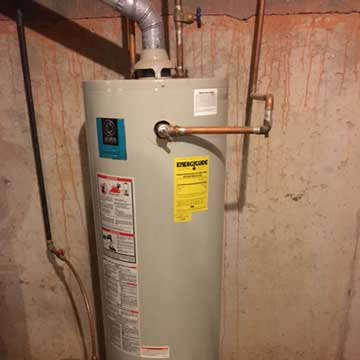

Hot water running out too fast can be incredibly frustrating, disrupting your daily routines and potentially causing inconvenience. This comprehensive guide delves into the potential causes behind this common water heater issue, providing actionable solutions and troubleshooting steps. We’ll explore a range of possible problems, from simple fixes to more complex repairs, guiding you through the process of restoring your hot water system to its optimal performance. This article is structured to provide a clear path through the diagnosis and repair process, ensuring you can effectively troubleshoot the issue, and get your hot water flowing reliably again.
Understanding the Root Causes of Insufficient Hot Water Flow
Identifying Common Problems
The frustration of dwindling hot water flow often stems from easily-fixable issues or, occasionally, more complex problems within the system. Investigating the source of the problem is the key to resolving it. A thorough inspection is the first step, checking for signs of sediment buildup, mineral deposits, or leaks that could hinder the water’s journey through the plumbing system. Common causes can include faulty pressure sensors, or problems with the water heater valves, which restrict or regulate water flow, potentially resulting in insufficient hot water.
Evaluating Water Heater Pressure
Related Post : Water Pressure Suddenly Dropping? Common Plumbing Issues to Check
Pressure Relief Valve Functionality
Water pressure is crucial for a proper hot water flow. A faulty pressure relief valve is a significant culprit. If the pressure in your water heater isn’t properly maintained, it can impact the flow rate substantially. Regular inspections of the pressure relief valve are essential to identify any leaks or malfunctions that could affect the overall system performance. Ensure the valve is functioning correctly and releasing pressure as needed. Sometimes, a simple adjustment to the pressure relief valve can resolve the issue. If the problem persists, more extensive repairs may be needed.
Examining Potential Flow Restrictions
Clogged Pipes and Filters
A surprisingly common culprit for diminished hot water flow is restricted water flow, often from clogged pipes or filters. Over time, mineral deposits or debris can accumulate within the pipes, reducing the available space for water to flow freely. These clogs impact not just hot water, but potentially affect the entire plumbing system. Regular cleaning or replacing clogged filters, and addressing sediment buildup in pipes can help improve the water flow. For significant clogs, professional plumbing services might be necessary.
Addressing Water Heater-Specific Issues
Internal Component Check
Checking internal components of your water heater can reveal issues. A worn-out heating element, for example, might reduce heating efficiency and affect the water flow temperature. Similarly, a malfunctioning thermostat can lead to inconsistent water temperature and flow. The age of your water heater is also a factor. Older models are more prone to internal failures, and may require replacement or repairs.
Troubleshooting Appliance Connections
Fixture Issues and Connections
Water flow can be impacted by problems with the connections to your appliances, such as the showerhead or faucet. Check if the showerhead or faucet has any blockages that might be preventing the flow. If these fixtures experience problems, you may notice a difference in the rate or volume of the water. Using the correct water pressure for your fixtures is important as well, as excessive pressure can cause problems.
In conclusion, troubleshooting hot water running out too fast requires a systematic approach. By checking your water heater’s pressure, evaluating potential flow restrictions, and considering possible appliance issues, you can effectively address the problem. Remember to prioritize safety and contact a qualified plumber if necessary. To further enhance your hot water experience and prevent future issues, consider scheduling regular maintenance checks for your water heater, and carefully examine any unusual noises or performance fluctuations. By following these steps, you can ensure that your hot water system runs efficiently and reliably for years to come.